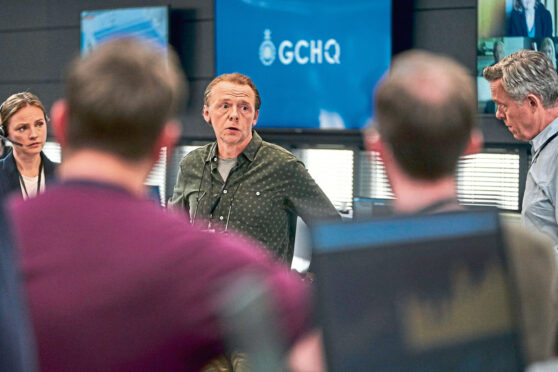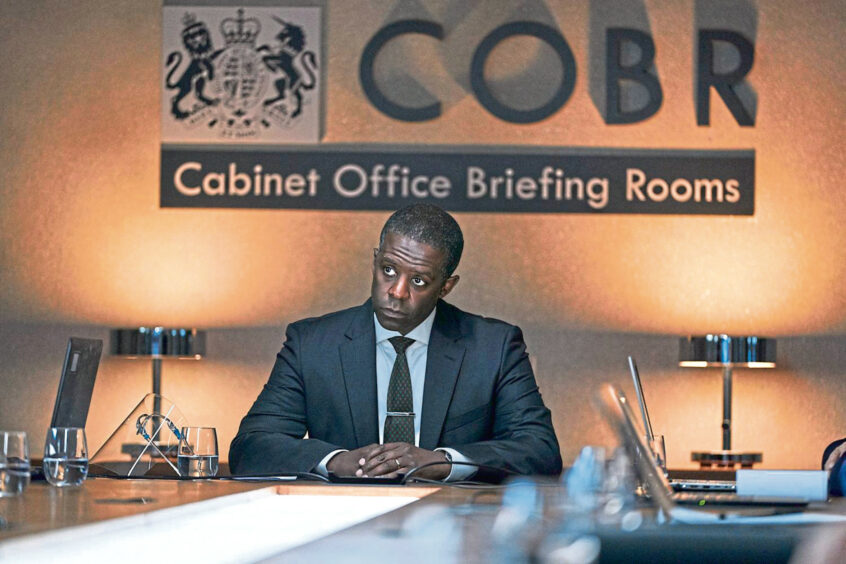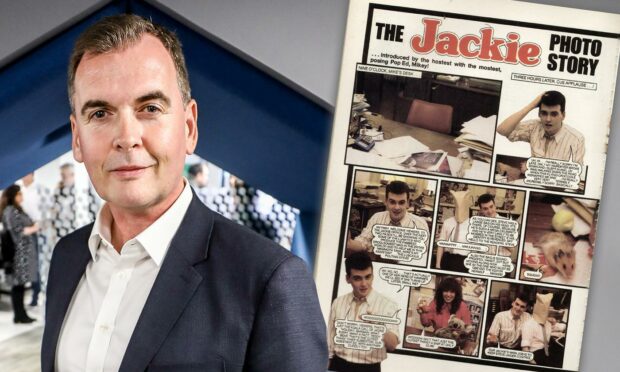The first episode of this week’s new prime-time prestige drama The Undeclared War (Channel 4) was equal parts gripping, essential and faintly ridiculous.
The most complimentary of those elements came from writer/creator Peter Kosminsky’s choice of subject matter, which helps cement his place as one of the British screen dramatists who is telling truly urgent and contemporary stories for our times.
The year is 2024, and young British-Asian computer prodigy Saara Parvin has turned up at GCHQ for work experience on the day a mysterious cyber attack has downed much of BT’s systems, knocking out banking, email and a large chunk of the internet. It could have been worse, though. The train lines, air traffic control, everything on which lives depend – all could have been turned off.
Unlikely hero
Inevitably it’s Saara, patronised by some of the more experienced heads and floating around the office making coffee, who notices it is about to get worse – there’s a second piece of malware hidden inside the first, intended to knock out the entire internet at 9am the following morning, just as the working week is starting.
The premise of the programme somehow feels utterly current, and in danger of slipping out of date. The immediate source of the threat is suspected to be Russia, whose automated bugs are already at work on social media, prodding populist buttons about an incompetent and corrupt government to sow dissent through the country – yet who’s the mysterious hacker who’s apparently switching the lights in Vladimir Putin’s office on and off in retaliation?
Well-paced thriller
As a spy thriller, Kosminsky has nailed the pace, tone and research on the series exactly, much as he did in The State, his 2017 drama about young Britons travelling to join ISIS.
This is the work of a modern-day Le Carre, revealing the very real fragility of the internet as a pawn in wartime, and the work which goes on by states behind the scenes to keep it intact.
The cast of characters orbiting Saara also come complete with their own pinch of intrigue; Simon Pegg’s hardworking section leader Danny, Adrian Lester’s embattled Prime Minister Andrew Makinde (apparently he took power in a coup from Boris Johnson, which doesn’t seem far-fetched), and Maisie Richardson-Sellars’ inquisitive operative on secondment from America’s NSA.
There’s also an odd plot device, where the undeniably not-exciting experience of watching characters look at a piece of scrolling code on a screen and get progressively more worried is framed by taking Saara into a kind of online world of adventure, where she scales walls and hunts about in dusty libraries for the numbers she needs.
At first it’s a little corny, but dramatic needs must in explaining a tricky subject to the audience. After all, this feels like a story they really need to know about.











